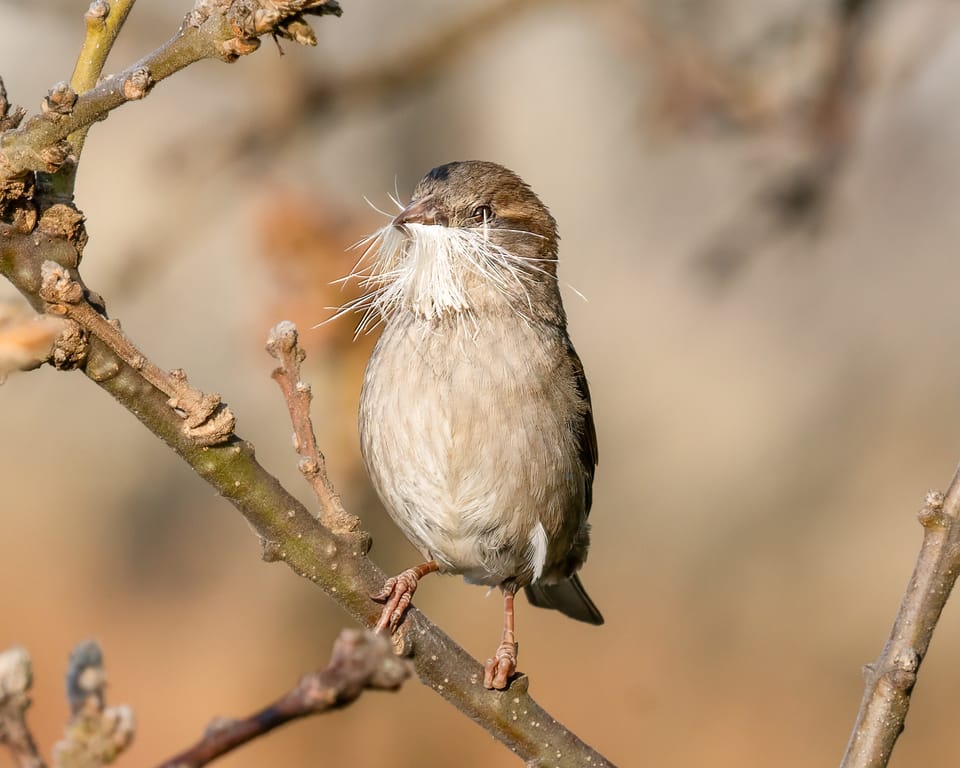EcoWest News, May 6, 2025

Welcome to EcoWest News, a weekly round-up of news and resources that you can put to use in addressing environmental issues and protecting the wild in your community.
Across the West
Two new renewable energy projects – one solar, one wind – are coming to south-central Saskatchewan thanks to Indigenous partnerships. [CBC]
An environmentally active resident and the leader of the SK Green Party discuss navigating far-right politics when considering environmental issues. [Niche Canada]
An open-pit coal mine near Jasper National Park plans to expand the amount of coal it mines to be burned for electricity overseas. [The Narwhal]
A BC company wants to open a sand mine north of Prince George for use in fracking to extract oil and natural gas. [CBC] BC.'s Environmental Assessment Office is currently seeking public feedback. [EAO]
81% of the critical habitat for at-risk species in BC fails to meet federal protection standards (logging is permitted in some areas), and populations continue to decline. [The Narwhal]
Across Canada
The Ontario government is repealing its Endangered Species Act (once among the best in Canada) to make it easier and faster to build mines and highways. [The Narwhal]
A 40-year study shows climate change is reshaping the Arctic’s ecosystem but in unexpected ways with some species thriving while others decline. [UBC]
The Cement Association of Canada says climate action is part of competitiveness. Innovation, productivity, and sustainability are mutually compatible goals. [Daily Commercial News]
Deep Sea Mining
Scientists and environmental activists believe that too little is known about the risks of deep-sea mining and condemn an attempt by a Canadian company and the American government to commercially mine the seabed. [The Verge]
After 50 years, there is still no recovery from a deep-sea mining project. [Post and Courier]
Peatlands
Can-Peat plans to create a Canada-wide peatland research network and investigate mechanisms to implement peatland nature-based solutions. [UWaterloo]
The Peatlands Restoration Project is pioneering innovative solutions to combat climate change by revitalizing Greater Sudbury’s polluted peatlands. [Nipissing University, YouTube]
Making a Difference
Planting wildflower strips in apple orchards can reduce damage from harmful pests by up to 32%, keeping apple trees healthy with less need for chemical sprays. [Science Daily]
Strong community ties and community forests are helping to protect the forests, water, and monarch butterfly habitat from illegal avocado orchards in some parts of the Mexican state of Michoacán. [Yale Environment 360]
Jackson Hole airport, located within Grand Teton National Park, is now certified as an Urban Night Sky Place, the first airport in the world to receive a Dark Sky designation. [Dark Sky]
A reforestation project in Sainte-Sophie, Quebec, plans to restore abandoned farmland into thriving sugar maple groves. [Tree Canada, YouTube]
DIY
What is the best way to dispose of dog poop? Is bagging it really the best option? [The Guardian]
Nature’s Wonders
They’ve survived on Earth for about 500 million years. Look and learn about Egg Yolk Jellies and how they move. [The Marine Detective]
Like humans, animals understand and respond to death. [Nautilus]
Photo credit: https://www.flickr.com/photos/apmckinlay/54484061024
EcoFriendly West informs and encourages initiatives that support Western Canada’s natural environment through its online publication and the Nature Companion website/app. Like us on Facebook, follow us on BlueSky, X, and Mastodon, or subscribe by email.

Member discussion